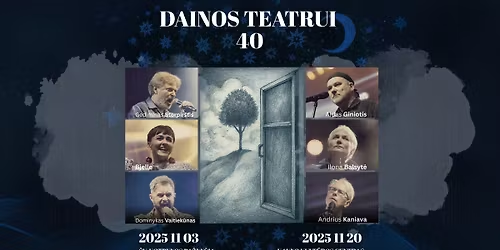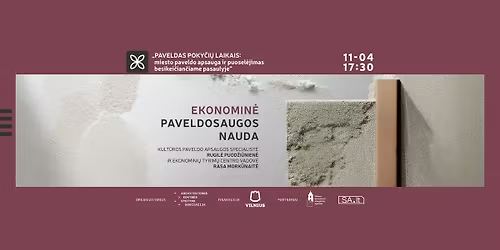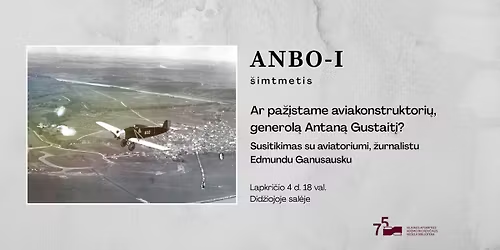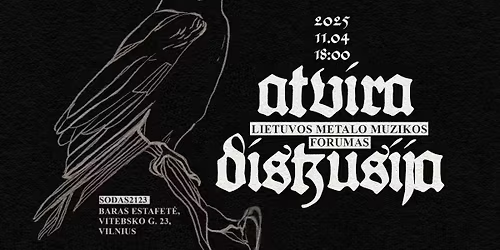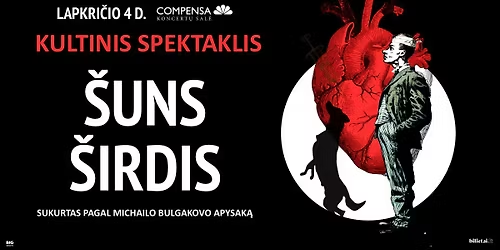
Advertisement
We invite you to philosophy lectures by Colin R. Caret, an Assistant Professor in the unit of Theoretical Philosophy at Utrecht University, where he also contributes teaching to the Human-Centered AI program and supervises students in philosophy, artificial intelligence, and history and philosophy of science. His primary research areas are philosophical logic, epistemology, and philosophy of science. Most of his published work focuses on logical and mathematical pluralism, rational change of view about foundational issues, and the opacity of belief states (ala logical omniscience). He also has a long-standing interest in the unique strains of skepticism and idealism that weave their way through pre-Qin Daoism and early Buddhism. He will give two public lectures in English:2025-11-04, 17:00–18:30 (room Spa 210, Šv. Jono g. 4, Vilnius)
Two Myths About Obvious Implications
Formal models of rational belief use the tools of logic and probability. Many of these models are normatively suspect. According to minimal rationality theory, this is because these models ignore practical constraints on the proper function of cognition. Minimally rational belief has some, but not all logical structure. In this talk, I want to point out an unnoticed tension between two recent approaches to this kind of project, viz. Jago's triviality-based model and Berto's topic-based model. Both theories are interesting and insightful. To the extent that they each rightly point out a cause of logical incompleteness in rational belief, these theories cannot be entirely correct. I develop a model that synthesizes ideas from both sides. On this model, it is indeterminate whether a rational agent believes certain implications of her beliefs, even when they are clearly on a relevant topic of inquiry.
2025-11-06, 15:00–16:30 (room FsF 313, Universiteto g. 9, Vilnius)
Saying What Cannot be Said
In the Tractatus, Wittgenstein tries to explain the function of language in terms of how it mirrors the world. At the end of the book he suggests that this is impossible, "Whereof one cannot speak, thereof one must be silent." (TLP 7) In his Philosophical Investigations, he changes his mind and suggest that "the meaning of a word is its use in the language." (PI 43) In this lecture, I will show how a modern version of Later Wittgenstein's ideas can support a coherent interpretation of the paradoxical statements of Early Wittgenstein.
Advertisement
Event Venue & Nearby Stays
Universiteto g. 9, 01513 Vilnius, Lithuania, Universiteto gatvė 9, LT-01131 Vilnius, Lietuva, Vilnius, Lithuania
Concerts, fests, parties, meetups - all the happenings, one place.


